Nigeria’s government is often criticised for its afterthought policies and shallow freebies, which fail to address pressing issues such as insecurity, and economic hardship.
Political corruption and elitism hinder effective governance, eroding systems and causing leaders to prioritise the interests of a few over public welfare.
Join our WhatsApp ChannelRecently, the Federal Government of Nigeria (FG), in collaboration with transporters, launched a 50% subsidised transport initiative for the festive season. This programme commenced on December 24, 2024, and will run until January 5, 2025, covering both road and rail services. It aims to ease travel costs for citizens during the holidays, with over 700 vehicles deployed across 144 routes. The FG engaged in what seemed an afterthought that followed similar action by some states.
The Minister of Transportation, Sen. Sa’idu Alkali, expressed the government’s commitment to facilitating affordable and accessible travel during the holidays. He also thanked President Bola Tinubu for prioritising Nigerians’ welfare through policies designed to reduce the financial burden of transportation.
Travellers Taking Advantage of the Transport Subsidies
The extent to which travellers have taken advantage of the Federal Government’s subsidised transport initiative appears to be mixed. While the programme offers a 50% fare reduction and free rail services, reports indicate that participation has varied. Only a few transport operators, such as the Road Transport Employers Association of Nigeria (RTEAN) and God is Good Motors (GIGM), have actively engaged in the scheme, with GIGM confirming its availability at designated terminals in Lagos. However, other operators reportedly continued to charge full prices, leading to limited accessibility for some travellers. This initiative will only be carried out in 12 states.
This indicates that the initiative will not effectively reach a far majority of the potential travelling population, numbering in the millions, which have also been reportedly deterred by other things such as insecurity and high cost of living. Reducing fuel prices directly could provide broader benefits to all citizens rather than relying on selective subsidies that may not be uniformly implemented.
Similarly, in 2023, the Nigerian government launched a transport subsidy initiative from December 21 to January 4, 2024, aimed at alleviating the financial burden on travellers during the festive season. This programme also provided a 50% discount on inter-state bus fares along 28 major routes and offered free train rides. Thankfully, reports indicated that over 163,000 passengers benefited from this initiative within its first ten days, with approximately 71,000 using rail services and 77,122 travelling by bus.
While the 2023 transport initiative was praised for its impact on reducing travel costs during a time of economic strain due to fuel subsidy removal, it also faced criticisms. Tommy Etim, National Deputy President of the Trade Union Congress (TUC), expressed concerns about the government’s approach in February 2024. He stated: “Instead of looking for ways of tackling it, the government has just been dancing around,” emphasising that reducing fuel prices would benefit citizens more substantially than temporary fare reductions.
Benson Upah, Head of Information of the Nigeria Labour Congress (NLC), during a press briefing in February 2024, remarked: “The government is killing a cow with its mouth while we Nigerians are eating it with our ears,” highlighting the disconnect between government actions and public needs.
Which is Most Important to People: Food, Free Transport, Security, or All Three?
Security remains a critical concern, with many hesitant to travel to their ancestral homes. Archbishop Daniel Okoh, President of the Christian Association of Nigeria (CAN), in his Christmas address on 25 December 2024, urged leaders to prioritise security and food access. He acknowledged that many families are reluctant to travel amid fears of violence. A report from Anambra State on 26 December highlighted a drastic drop in returnees for Christmas celebrations due to these security concerns. In the state, there was a report of kidnap of three families retiring for Christmas on 26 December 2024.
Food prices are also a pressing issue; inflation pegged at 39.93% has made traditional festive meals unaffordable. Basic items like rice now cost between N90,000 and N100,000 per bag, while chicken prices have jumped from N15,000 to as high as N35,000.
Given these circumstances, it is clear that while free transport initiatives aim to benefit over 271,000 passengers and not all Nigerians, their effectiveness is undermined by high fuel prices and ongoing security concerns.
Thus, food security, transport affordability, and safety are intertwined and crucial for a fulfilling Yuletide experience for Nigerians this year. But the question remains: how can the government effectively address these interconnected issues to ensure a safe and joyful holiday season for all? This even leads to another question regarding whether the government will stay true to its promises — what about the LNG/CNG buses?
The Nigerian government has made significant promises regarding the rollout of Compressed Natural Gas (CNG) buses as part of its transportation strategy. On 29 September 2024, 64 CNG buses were unveiled, marking the beginning of a broader initiative to provide affordable and eco-friendly transport options. Despite a budget allocation of N225 billion for further CNG initiatives in 2025 and President Tinubu’s commitment to assist all states in acquiring these buses, skepticism remains about the government’s ability to deliver on these promises. Worse, there have been reported cases of gas explosions in the vehicles, leading to safety concerns. Yet, the real test lies in the effective execution of these plans to address Nigerians’ pressing transportation needs.
How Long Will Nigerians Live on Food Handouts and Transport Subsidies?
The question of how long Nigerians will rely on food handouts and transport subsidies is deeply tied to the country’s economic policies and agricultural sustainability. Current reports indicate that while emergency food assistance has increased, there is significant underfunding of long-term agricultural investments necessary for food security.
The International Institute for Sustainable Development (IISD) emphasises that an additional public investment of USD 4.9 billion per year from 2023 to 2030 is required to achieve sustainable food systems in Nigeria and end hunger. Without these investments, reliance on temporary food aid will likely persist, increasing vulnerability to economic shocks and crises.
Things in Urgent Need, Which the Government Should Address
If the government truly cares for its citizens, it must focus on important issues to tackle the root causes of problems. Strategies must be considered to enhance security. Just as has been the trend in every part of Nigeria, Anambra State has seen a significant rise in kidnapping cases; between May and August 2024 alone, 20 individuals were reportedly abducted, resulting in over N250 million paid in ransoms.
These criminal activities have become lucrative for kidnappers due to the high ransom amounts paid by victims’ families. On 24 December 2024, Anambra State Lawmaker Justice Azuka was kidnapped while returning home, further underscoring the pervasive insecurity affecting even public officials.
The tragic stampedes during food distributions—where at least 67 individuals lost their lives further reflect the desperation among citizens struggling with rising food prices and economic hardship.
While the Federal Government has initiated measures such as releasing food stocks and establishing food hubs, these efforts are insufficient to address the underlying issues of food inflation and insecurity. These measures merely scratch the surface of a much larger problem, highlighting the need for a strategic approach that includes robust support for local agriculture and sustainable practices. That is why Auwal Rafsanjani, Executive Director of the Civil Society Legislative Advocacy Centre, acknowledged the initiative’s positive intent but criticised its limited reach in a statement made in February 2024. He called for better logistical planning and an extension of the programme beyond its current timeframe to ensure broader access.
Instead of half-hearted measures, the government should learn that comprehensive strategies are needed to ensure the safety and well-being of Nigerians during this critical period.
Dr Mbamalu is a Jefferson Fellow, member of the Nigerian Guild of Editors (NGE), communications/Media Consultant and Publisher, Prime Business Africa
Email: marcelmbamalu2@gmail.com
+2348094000017
Dr. Marcel Mbamalu is a communication scholar, journalist and entrepreneur. He holds a Ph.D in Mass Communication from the University of Nigeria, Nsukka and is the Chief Executive Officer Newstide Publications, the publishers of Prime Business Africa.
A seasoned journalist, he horned his journalism skills at The Guardian Newspaper, rising to the position of News Editor at the flagship of the Nigerian press. He has garnered multidisciplinary experience in marketing communication, public relations and media research, helping clients to deliver bespoke campaigns within Nigeria and across Africa.
He has built an expansive network in the media and has served as a media trainer for World Health Organisation (WHO) at various times in Northeast Nigeria. He has attended numerous media trainings, including the Bloomberg Financial Journalism Training and Reuters/AfDB training on Effective Coverage of Infrastructural Development of Africa.
A versatile media expert, he won the Jefferson Fellowship in 2023 as the sole Africa representative on the program. Dr Mbamalu was part of a global media team that covered the 2020 United State’s Presidential election. As Africa's sole representative in the 2023 Jefferson Fellowships, Dr Mbamalu was selected to tour the United States and Asia (Japan and Hong Kong) as part of a 12-man global team of journalists on a travel grant to report on inclusion, income gaps and migration issues between the US and Asia.






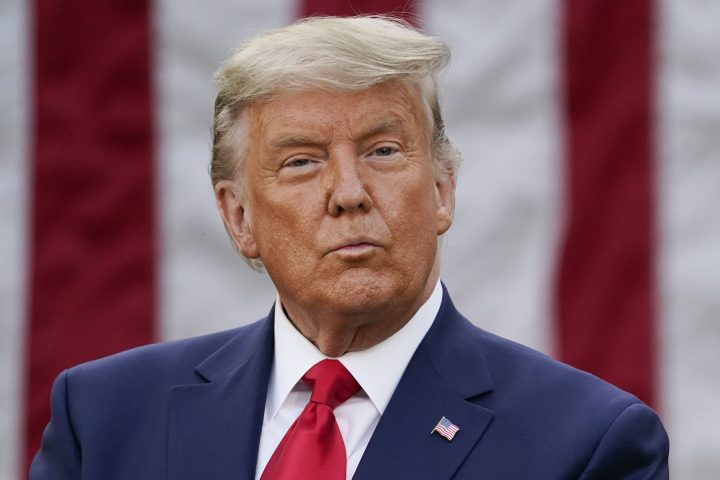
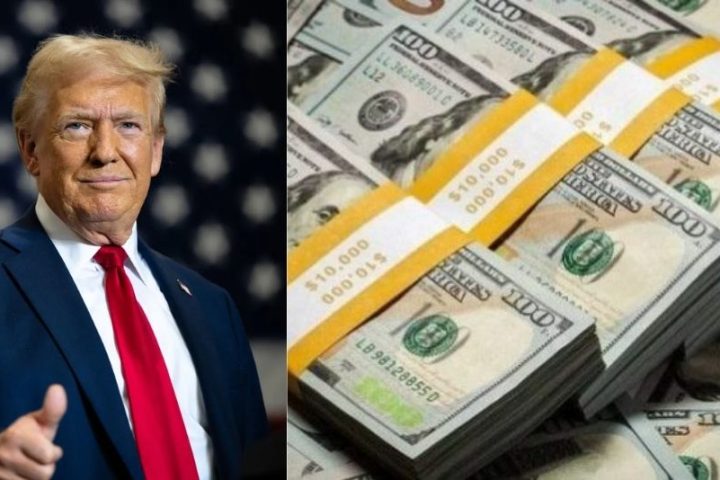






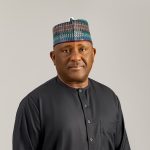
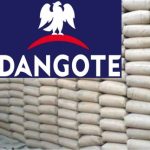
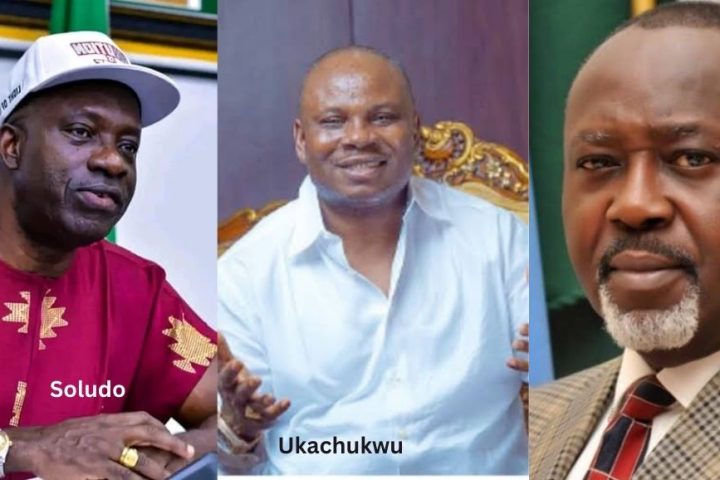
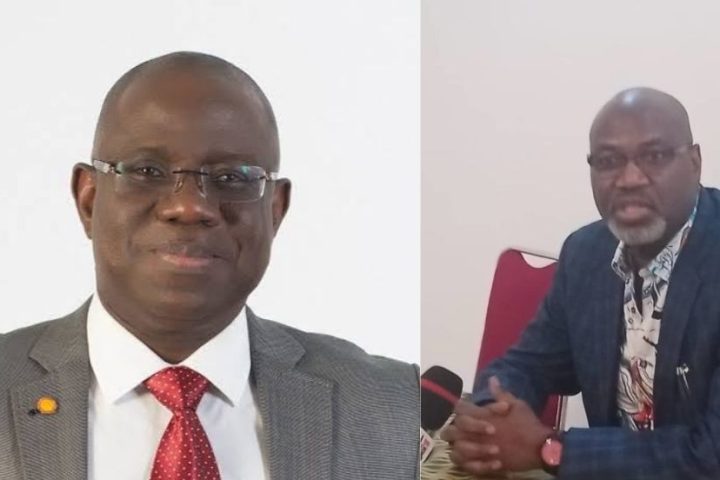

Follow Us